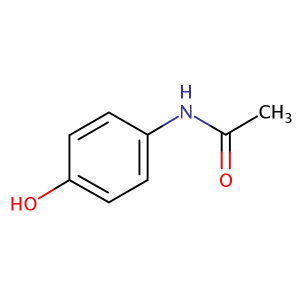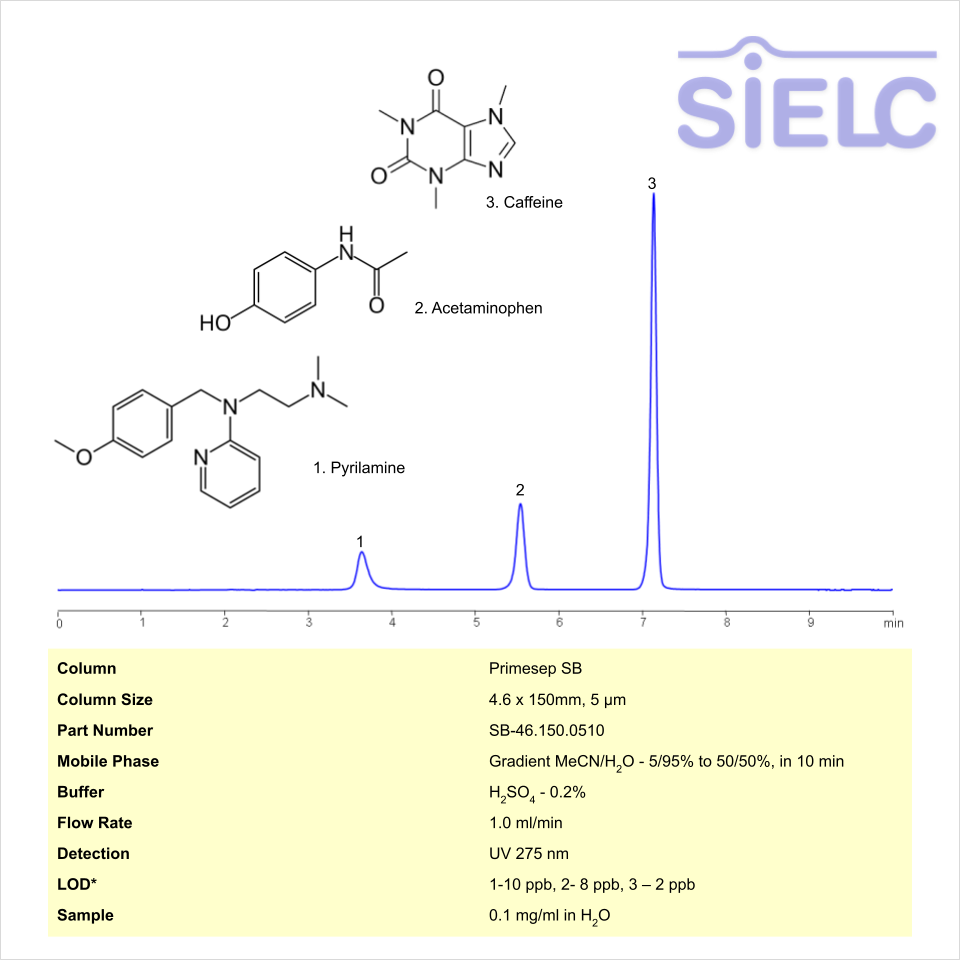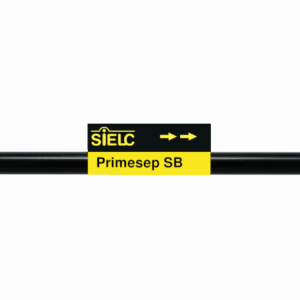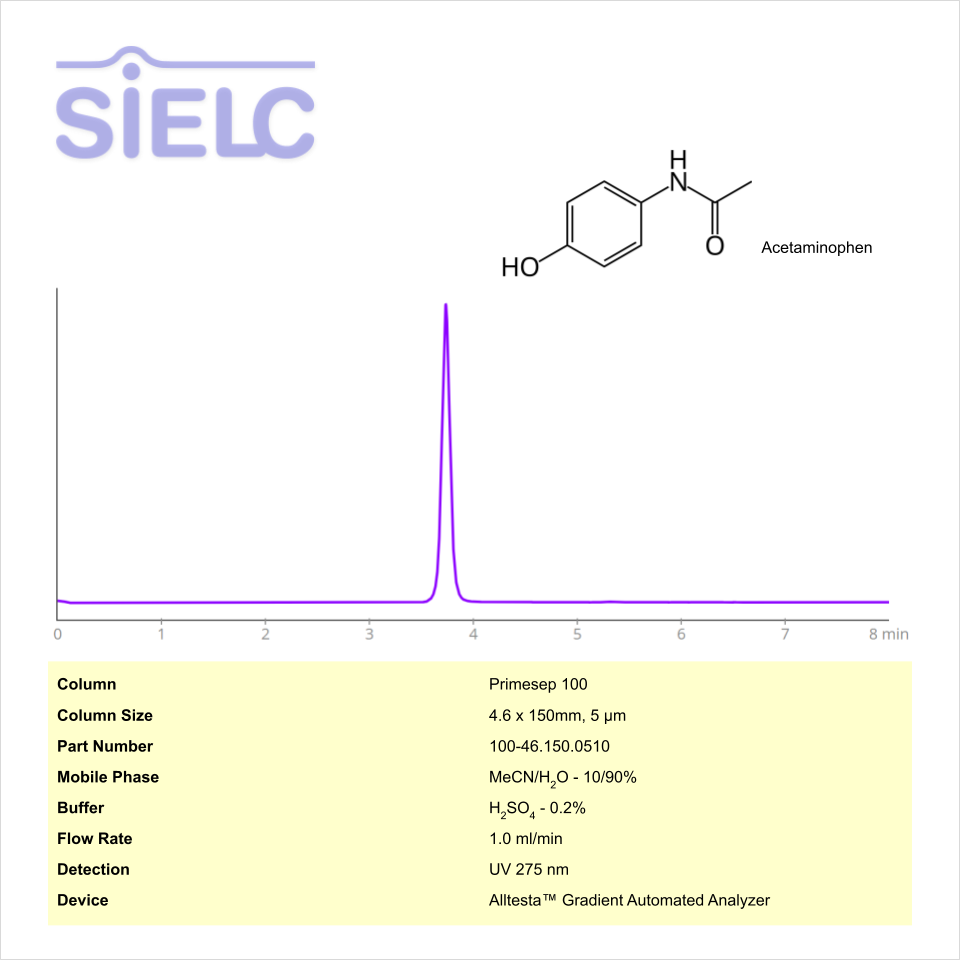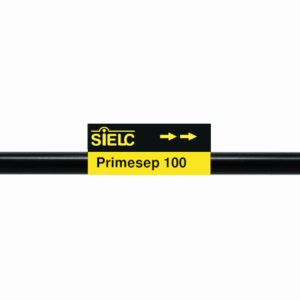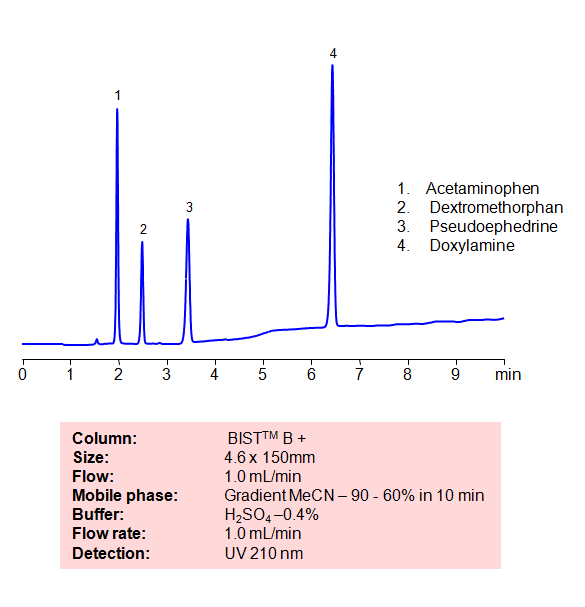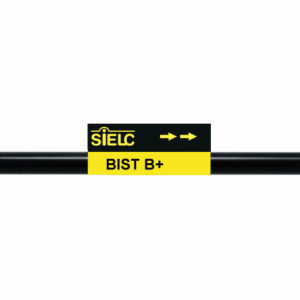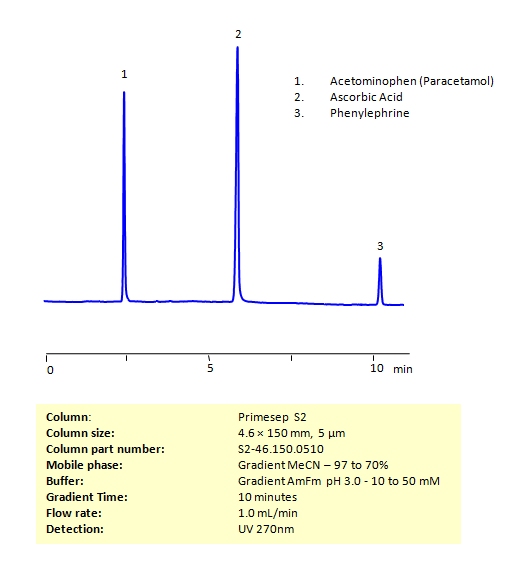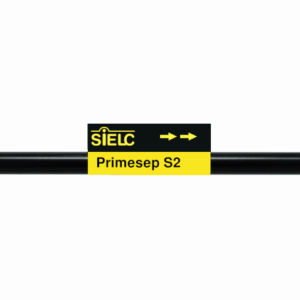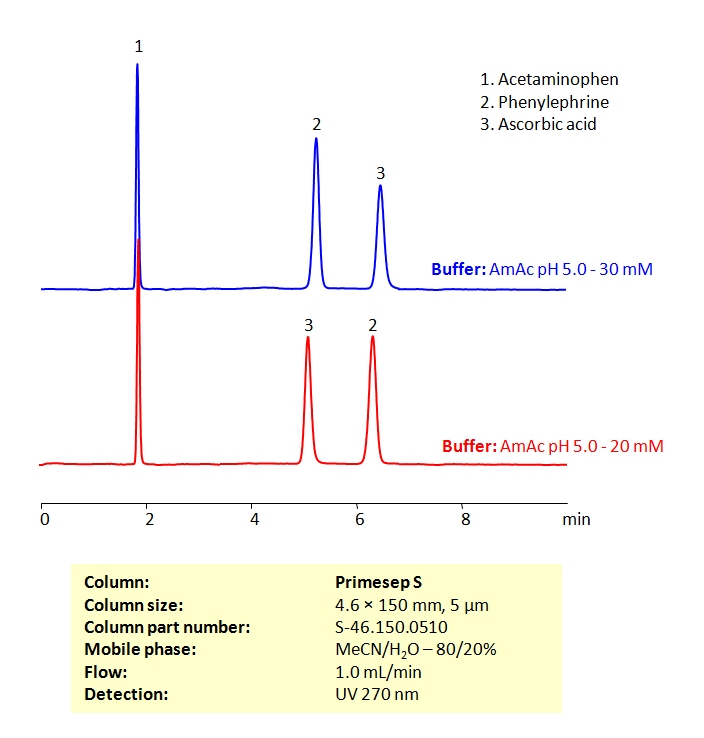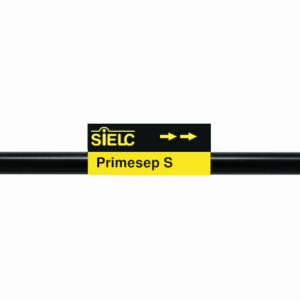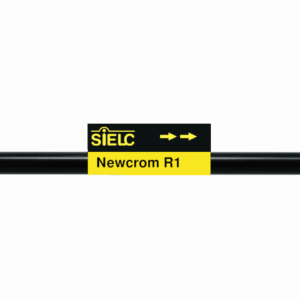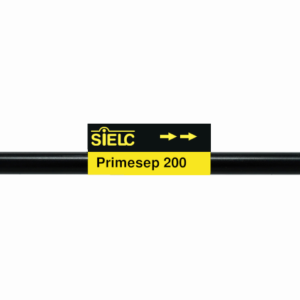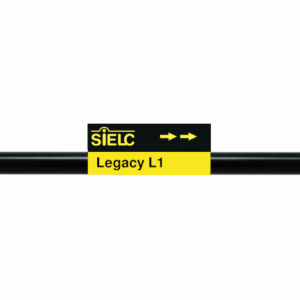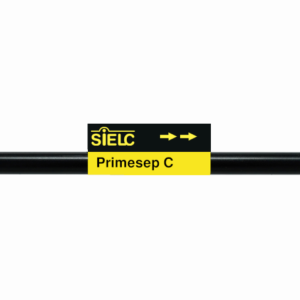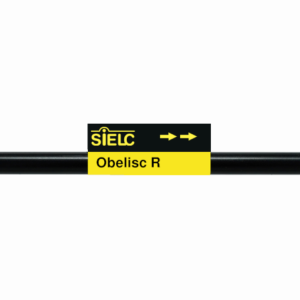| CAS Number | 103-90-2 |
|---|---|
| Molecular Formula | C8H9NO2 |
| Molecular Weight | 151.165 |
| InChI Key | RZVAJINKPMORJF-UHFFFAOYSA-N |
| LogP | 0.5 |
| Synonyms |
|
Applications:
HPLC Method for Analysis of Pyrilamine, Acetaminophen, and Caffeine on Primesep SB Column
October 8, 2025
HPLC Method for Caffeine, Pyrilamine, Acetaminophen (Paracetamol) on Primesep SB by SIELC Technologies
High Performance Liquid Chromatography (HPLC) Method for Analysis of Caffeine, Pyrilamine, Acetaminophen (Paracetamol)
Pyrilamine, also known as mepyramine, is a first-generation antihistamine with the molecular formula C17H23N3O. It works through targeting the H1 receptor and blocking effects of histamines. It can relieve allergy symptoms like sneezing, runny nose, and itchy, watery eyes. Due to it’s ability to cross the blood-brain carrier, it might have a strong drowsiness side-effect after ingestion. When used topically, it is used to treat skin reactions to bug bites, stings, nettles rashes, and more.
Acetaminophen, also known as Paracetamol, is a medication with the molecular formula C8H9NO2. It is an over-the-counter pain killer that also reduces fever. Unlike Ibuprofen and naproxen, it is not an anti-inflammatory drug.
Caffeine is a natural stimulant and methylxanthine alkaloid. with the molecular formula C6H10N4O2. Caffeine can be found in a variety of plants, including tea, coffea, cocoa, kola nuts, and guarana. Ingestion of it can increase alertness and cognitive function. It can also cause worsening anxiety, heart palpitations, and headaches
Caffeine, Pyrilamine, Acetaminophen (Paracetamol) can be retained and analyzed using the Primesep SB stationary phase column. The analysis utilizes a gradient method with a simple mobile phase consisting of water and acetonitrile (MeCN). Detection is performed using UV 310nm and LC MS ESI SIM 286.
You can find detailed UV spectra of Caffeine, Pyrilamine, Acetaminophen (Paracetamol) and information about its various lambda maxima by visiting the following links Acetaminophen, Caffeine, and Pyrilamine
| Column | Primesep SB, 4.6 x 150 mm, 5 µm, 100 A, dual ended |
| Mobile Phase | Gradient MeCN – 5% to 50%, 10 min |
| Buffer | Sulfuric Acid |
| Flow Rate | 1.0 ml/min |
| Detection | UV 275 |
| LOD* UV | 1-10 ppb, 2- 8 ppb, 3 – 2 ppb |
| Class of Compounds | Drugs |
| Analyzing Compounds | Caffeine, Pyrilamine, Acetaminophen (Paracetamol) |
Application Column
Primesep SB
Column Diameter: 4.6 mm
Column Length: 150 mm
Particle Size: 5 µm
Pore Size: 100 A
Column options: dual ended
Caffeine
Pyrilamine

HPLC Method for Analysis of Acetaminophen on Primesep 100 Column on Alltesta™
September 25, 2025
HPLC Method for Acetaminophen (Paracetamol) on Primesep 100 by SIELC Technologies
High Performance Liquid Chromatography (HPLC) Method for Analysis of Acetaminophen (Paracetamol)
Acetaminophen, also known as Paracetamol, is a medication with the molecular formula C8H9NO2. It is an over-the-counter pain killer that also reduces fever. Unlike Ibuprofen and naproxen, it is not an anti-inflammatory drug.
Acetaminophen (Paracetamol) can be retained and analyzed using the Primesep 100 stationary phase column. The analysis utilizes an isocratic method with a simple mobile phase consisting of water and acetonitrile (MeCN) with a sulfuric acid buffer. Detection is performed using UV.
| Column | Primesep 100, 4.6 x 150 mm, 5 µm, 100 A, dual ended |
| Mobile Phase | MeCN – 10% |
| Buffer | H2SO4 – 0.2% |
| Flow Rate | 1.0 ml/min |
| Detection | UV 275 nm |
| Class of Compounds | Organic Compound |
| Analyzing Compounds | Acetaminophen (Paracetamol) |
Application Column
Primesep 100
Column Diameter: 4.6 mm
Column Length: 150 mm
Particle Size: 5 µm
Pore Size: 100 A
Column options: dual ended

UV-Vis Spectrum of Acetaminophen
August 12, 2025
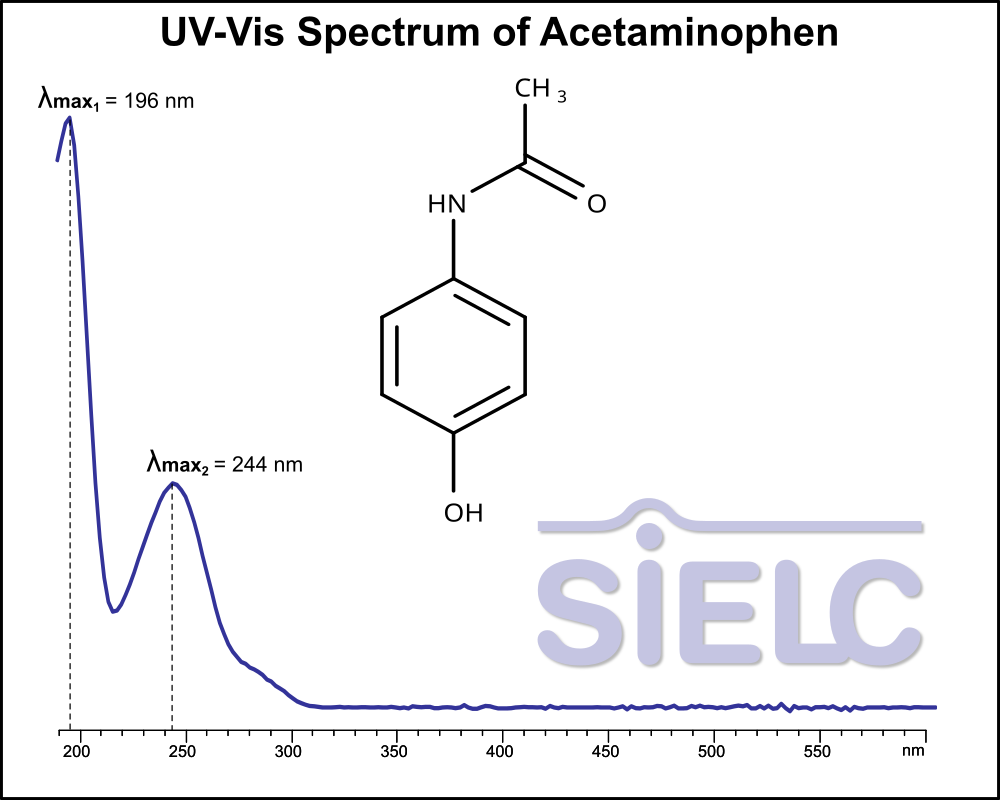
If you are looking for optimized HPLC method to analyze Acetaminophen (Paracetamol) check our HPLC Applications library
For optimal results in HPLC analysis, it is recommended to measure absorbance at a wavelength that matches the absorption maximum of the compound(s) being analyzed. The UV spectrum shown can assist in selecting an appropriate wavelength for your analysis. Please note that certain mobile phases and buffers may block wavelengths below 230 nm, rendering absorbance measurement at these wavelengths ineffective. If detection below 230 nm is required, it is recommended to use acetonitrile and water as low UV-transparent mobile phases, with phosphoric acid and its salts, sulfuric acid, and TFA as buffers.
For some compounds, the UV-Vis Spectrum is affected by the pH of the mobile phase. The spectra presented here are measured with an acidic mobile phase that has a pH of 3 or lower.

HPLC Method for Separation of Acetaminophen and 4-Aminophenol on Primesep 100 Column
January 31, 2023
HPLC Method for Separation of Acetaminophen and 4-Aminophenol on Primesep 100 by SIELC Technologies
Separation type: Liquid Chromatography Mixed-mode
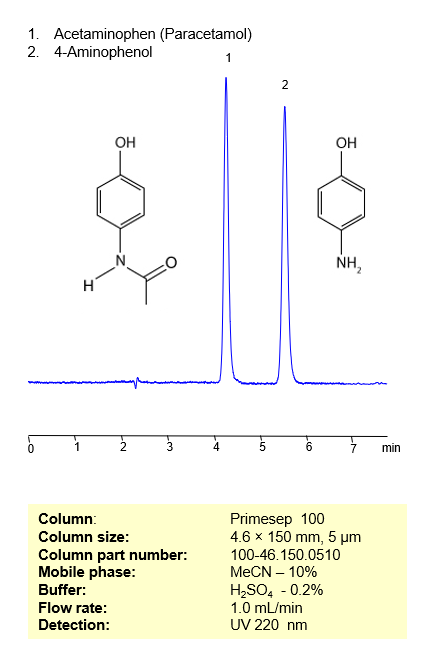
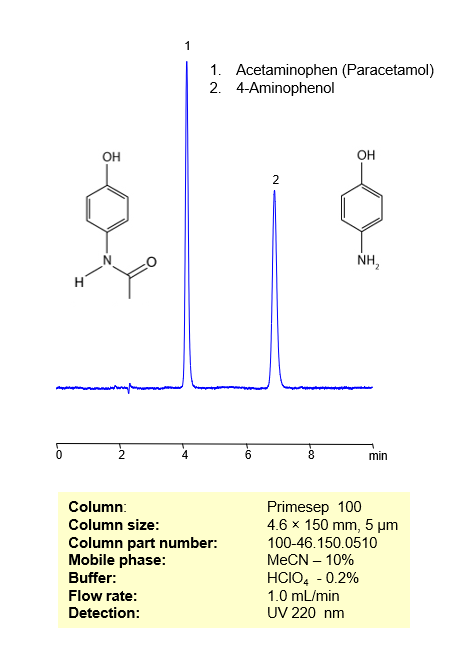
High Performance Liquid Chromatography (HPLC) Method for Separation of Acetaminophen and 4-Aminophenol
4-Aminophenol (also known as para-aminophenol or Rodinal) is a popular film developing compound and building block in organic chemistry reactions. Most notably, it is a key compound used in the production of acetaminophen (also known as paracetamol or Tylenol). 4-Aminophenol can be separated, retained, and analyzed on a Primesep 100 mixed-mode stationary phase column using an isocratic analytical method with a simple mobile phase of water, Acetonitrile (MeCN), and an sulfuric acid (H2SO4) or perchloric acid (HClO4) buffer. This analysis method can be detected in the UV regime at 220 nm.
Condition
| Column | Primesep 100, 4.6 x 150 mm, 5 µm, 100 A, dual ended |
| Mobile Phase | MeCN – 10% |
| Buffer | H2SO4 – 0.2% or HClO4 – 0.2% |
| Flow Rate | 1.0 ml/min |
| Detection | UV 220 nm |
| Peak Retention Time | 4.25, 5.51 min |
Description
| Class of Compounds | Alcohols, Phenols, Amines, Amine Salts, Dgru |
| Analyzing Compounds | 4-Aminophenol, Acetaminophen |
Application Column
Primesep 100
Column Diameter: 4.6 mm
Column Length: 150 mm
Particle Size: 5 µm
Pore Size: 100 A
Column options: dual ended
Acetaminophen (Paracetamol)

HPLC Method for Separation of NyQuil Active Ingredients on BIST B+ Column
October 18, 2021
HPLC Method for Acetaminophen (Paracetamol), Dextromethorphan, Doxylamine, Pseudoephedrine (PSE) on BIST B+ by SIELC Technologies
High Performance Liquid Chromatography (HPLC) Method for Analysis of Acetaminophen, Dextromethorphan, Pseudoephedrine, Doxylamine
Nyquil is a combination of medicines used to treat headaches, fever, body aches, cough, runny nose, sneezing, and sore throat caused by allergies, the common cold, or the flu. Nyquil contains the active ingredients acetaminophen, dextromethorphan HBr, doxylamine succinate, and sometimes, phenylephrine HCl. Acetaminophen is a pain reliever and fever reducer. Dextromethorphan is a cough suppressant. It affects the cough reflex in the brain that triggers coughing. Doxylamine is an antihistamine that reduces the effects of the natural chemical histamine in the body. Histamine can produce symptoms of sneezing, itching, watery eyes, and runny nose. Pseudoephedrine is used to relieve nasal congestion caused by colds, allergies, and hay fever. It is also used to temporarily relieve sinus congestion and pressure.
You can find detailed UV spectra of Acetaminophen and information about its various lambda maxima by visiting the following link.
You can find detailed UV spectra of Dextromethorphan and information about its various lambda maxima by visiting the following link.
All active compounds of Nyquil can be separated in HPLC on a BIST B+ column. The analytical method uses acetonitrile (ACN) gradient and water with sulfuric acid (H2SO4) as buffer and UV detected at 210 nm.
| Column | BIST B+, 4.6 x 150 mm, 5 µm, 100 A, dual ended |
| Mobile Phase | Gradient MeCN – 90-60%, 10 min |
| Buffer | H2SO4 – 0.4% |
| Flow Rate | 1.0 ml/min |
| Detection | UV, 210 nm |
| Class of Compounds |
Drug, Basic, Hydrophobic, Ionizable |
| Analyzing Compounds | Acetaminophen (Paracetamol), Dextromethorphan, Doxylamine, Pseudoephedrine (PSE) |
Application Column
BIST B+
Column Diameter: 4.6 mm
Column Length: 150 mm
Particle Size: 5 µm
Pore Size: 100 A
Column options: dual ended
Dextromethorphan
Doxylamine
Pseudoephedrine (PSE)

HPLC Method for the Determination of Acetaminophen, Phenylephrine, and Ascorbic Acid on Primesep S2 Column
October 5, 2021
HPLC Method for Acetaminophen (Paracetamol), Phenylephrine, Phenylephrine hydrochloride, Ascorbic Acid on Primesep S2 by SIELC Technologies
High Performance Liquid Chromatography (HPLC) Method for Analysis of Acetaminophen, Phenylephrine, and Ascorbic Acid
Acetaminophen (or paracetamol) is one of the most popular over-the-counter painkillers all over the world (in the US it is best known under the brand name Tylenol). Ascorbic acid (also known as Vitamin C) helps your body build up muscle, cartilage, and other important building blocks in your body. Phenylephrine is a common over-the-counter decongestant, but can also be used for pupil dilation and hemorrhoid treatment. While all of these compounds are available at your local pharmacy, Vitamin C intake can reduce the body’s ability to break down acetaminophen.
You can find detailed UV spectra of Acetaminophen and information about its various lambda maxima by visiting the following link.
You can find detailed UV spectra of Ascorbic Acid and information about its various lambda maxima by visiting the following link.
All three of these compounds can be measured at low UV. Using a Primsep S normal phase column and a mobile phase consisting of water and acetonitrile (MeCN) with an Ammonium acetate (AmAc) buffer, these three compounds can be separated and UV detected at 270 nm. Varying the buffer concentration changes the order in which phenylephrine and ascorbic acid are retained. This method is compatible with Mass Spectrometry.
| Column | Primesep S2, 4.6 x 150 mm, 5 µm, 100 A, dual ended |
| Mobile Phase | Gradient MeCN – 97 to 70% |
| Buffer | Gradient Ammonium Formate pH 3.0 – 10 to 50 mM |
| Flow Rate | 1.0 ml/min |
| Detection | UV 270 nm MS- compatible mobile phase |
| Class of Compounds | Drug, Acid |
| Analyzing Compounds | Acetaminophen (Paracetamol), Phenylephrine, Phenylephrine hydrochloride, Ascorbic Acid |
Application Column
Primesep S2
Column Diameter: 4.6 mm
Column Length: 150 mm
Particle Size: 5 µm
Pore Size: 100 A
Column options: dual ended
Ascorbic Acid
Phenylephrine
Phenylephrine hydrochloride

HPLC Method for the Determination of Acetaminophen, Phenylephrine, and Ascorbic Acid on Primesep S Column
October 5, 2021
HPLC Method for Acetaminophen (Paracetamol), Phenylephrine, Ascorbic Acid, Phenylephrine hydrochloride on Primesep S by SIELC Technologies
High Performance Liquid Chromatography (HPLC) Method for Analysis of Acetaminophen, Phenylephrine, and Ascorbic Acid
Acetaminophen, also known as Paracetamol, is a medication with the molecular formula C8H9NO2. It is an over-the-counter pain killer that also reduces fever. Unlike Ibuprofen and naproxen, it is not an anti-inflammatory drug.
Phenylephrine is a common over-the-counter decongestant, but can also be used for pupil dilation and hemorrhoid treatment. It’s chemical formula is C9H13NO2. It is sold under many brand names including Mucinex, Sudafed PE, Sinex, and many other generic brands. While it is best known as a decongestant, it has a wide variety of other pharmaceutical applications, including pupil dilation, hypotension (low blood pressure) treatment, and hemorrhoid relief.
Ascorbic Acid is a vitamin with the molecular formula C6H8O6. Typically, it is used to treat scurvy, support immune system, and preserve food. It is a white to light yellow powder that is easily dissolved in water. It can be found in a large variety of fruits and vegetables, especially in citrus.
You can find detailed UV spectra of Acetaminophen and information about its various lambda maxima by visiting the following link.
You can find detailed UV spectra of Ascorbic Acid and information about its various lambda maxima by visiting the following link.
Acetaminophen (Paracetamol), Phenylephrine, Ascorbic Acid, Phenylephrine hydrochloride can be retained and analyzed using the Primesep S stationary phase column. The analysis utilizes an isocratic method with a simple mobile phase consisting of water and acetonitrile (MeCN) with an ammonium acetate buffer. Detection is performed using UV.
| Column | Primesep S, 4.6 x 150 mm, 5 µm, 100 A, dual ended |
| Mobile Phase | MeCN/H2O – 80/20% |
| Buffer | Ammonium acetate pH 5.0 |
| Flow Rate | 1.0 ml/min |
| Detection | UV 270nm MS- compatible mobile phase |
| Class of Compounds | Drug |
| Analyzing Compounds | Acetaminophen (Paracetamol), Phenylephrine, Ascorbic Acid, Phenylephrine hydrochloride |
Application Column
Primesep S
Column Diameter: 4.6 mm
Column Length: 150 mm
Particle Size: 5 µm
Pore Size: 100 A
Column options: dual ended
Ascorbic Acid
Phenylephrine
Phenylephrine hydrochloride

HPLC Separation of Acetaminophen, Caffeine and Pyrilamine maleate
March 2, 2018
HPLC Method for Acetaminophen, Caffeine and Pyrilamine maleate on Newcrom R1 by SIELC Technologies
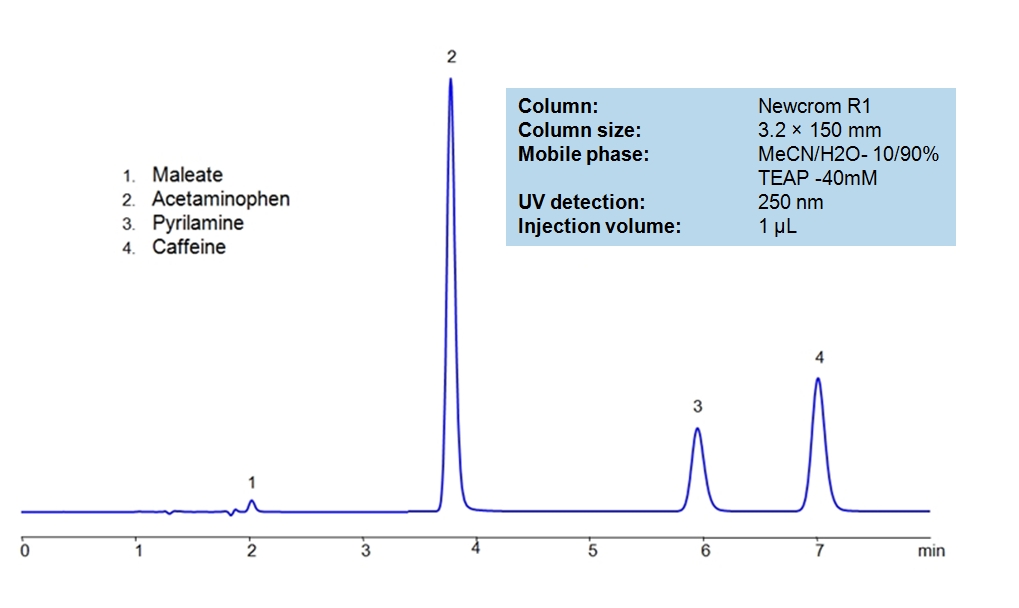 High Performance Liquid Chromatography (HPLC) Method for Analysis of Acetaminophen (Paracetamol), Caffeine, Pyrilamine maleate, Maleate, Pyrilamine
High Performance Liquid Chromatography (HPLC) Method for Analysis of Acetaminophen (Paracetamol), Caffeine, Pyrilamine maleate, Maleate, Pyrilamine
Acetaminophen is a p-aminophenol derivative with analgesic and antipyretic activities. It has weak anti-inflammatory properties, may cause liver, blood cell, and kidney damage. It is a nonprescription medication for mild-to-moderate pain and fever. Caffeine is a Central Nervous System (CNS) stimulant. It is an unregulated and legal drug in most parts of the world. It can be found in the seeds and leaves in a number of plants native in Africa, East Asia and South America. Pyrilamine maleate is a histamine H1 antagonist with hypnotic properties. It has multiple uses such as an anesthetic and is used against allergies. Newcrom R1, a column that takes advantage of the newest technologies, does not contain embedded acidic nor basic ionizable groups and can retain Acetaminophen, Caffeine and Pyrilamine maleate. The method is UV compatible and can be used as a general approach for analyzing similar compounds.
| Column | Newcrom R1, 3.2 x 150 mm, 5 µm, 100 A, dual ended |
| Mobile Phase | MeCN – 10% |
| Buffer | Triethanolamine |
| Flow Rate | 0.5 ml/min |
| Detection | UV 250nm |
| Class of Compounds | Analgesic, Antipyretic |
| Analyzing Compounds | Acetaminophen (Paracetamol), Caffeine, Pyrilamine maleate, Maleate, Pyrilamine |
Application Column
Newcrom R1
Column Diameter: 3.2 mm
Column Length: 150 mm
Particle Size: 5 µm
Pore Size: 100 A
Column options: dual ended
Caffeine
Maleate
Pyrilamine
Pyrilamine maleate

HPLC Method for Analysis of Vicodin (Acetaminophen & Hydrocodone)
May 10, 2016
| Column | Primesep 200, 3.2×100 mm, 5 µm, 100A |
| Mobile Phase | Gradient MeCN – 5-50% |
| Buffer | Gradient H3PO4 – 0.05-0.3%, 5 min, 4 min hold |
| Flow Rate | 0.5 ml/min |
| Detection | UV, 270 nm |
| Class of Compounds |
Drug, Analgetic, Acid, Hydrophilic, Ionizable, |
| Analyzing Compounds | Acetaminophen, Hydrocodone |
Application Column
Primesep 200
The Primesep family of mixed-mode columns offers a wide variety of stationary phases, boasting unprecedented selectivity in the separation of a broad array of chemical compounds across multiple applications. Corresponding Primesep guard columns, available with all stationary phases, do not require holders. SIELC provides a method development service available to all customers. Inquire about our specially-tailored custom LC-phases for specific separations.
Select optionsHydrocodone
Vicodin

HPLC Method for Analysis of Acetaminophen and Oxycodone
May 6, 2016
Acetaminophen is a p-aminophenol derivative with analgesic and antipyretic activities. It has weak anti-inflammatory properties, may cause liver, blood cell, and kidney damage. It is a nonprescription medication for mild-to-moderate pain and fever.
Oxycodone is semi-synthetic opioid type drug that is used to help relieve moderate to severe pain. Primesep 200, a reverse phase column, contains embedded acidic ionizable groups and can retain Acetaminophen and Oxycodone. The method is UV compatible and can be used as a general approach for analyzing similar compounds.
| Column | Primesep 200, 3.2×100 mm, 5 µm, 100A |
| Mobile Phase | Gradient MeCN – 5-50% |
| Buffer | Gradient H3PO4 – 0.05-0.3%, 5 min, 4 min hold |
| Flow Rate | 0.5 ml/min |
| Detection | UV, 270 nm |
| Class of Compounds |
Drug, Analgetic, Acid, Hydrophilic, Ionizable, |
| Analyzing Compounds | Acetaminophen, Hydrocodone |
Application Column
Primesep 200
The Primesep family of mixed-mode columns offers a wide variety of stationary phases, boasting unprecedented selectivity in the separation of a broad array of chemical compounds across multiple applications. Corresponding Primesep guard columns, available with all stationary phases, do not require holders. SIELC provides a method development service available to all customers. Inquire about our specially-tailored custom LC-phases for specific separations.
Select optionsOxycodone

HPLC Analysis of Paracetamol
August 6, 2015
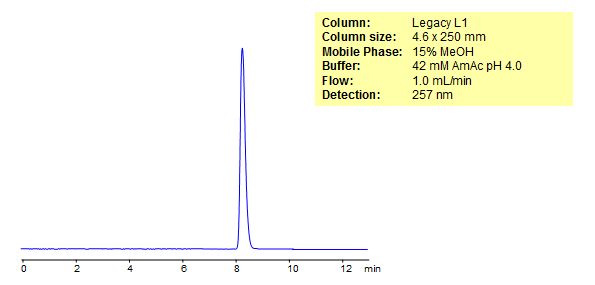
Paracetamol (also known as acetaminophen) is a mild analgesic commonly used for relief from headaches and used in many cold and flu medicines. Legacy L1 was used to retain Paracetamol by reverse phase mechanism. Legacy L1 uses embedded C18 groups on porous silica and is useful for many USP HPLC applications. comparisons to Phenomenex columns are available by request.
| Column | Legacy L1, 4.6×250 mm, 5 µm, 100A |
| Mobile Phase | MeOH – 15% |
| Buffer | AmAc pH 4.0- 42 mM |
| Flow Rate | 1.0 ml/min |
| Detection | UV, 257 nm |
| Class of Compounds |
Drug, Hydrophilic, Ionizable |
| Analyzing Compounds | Paracetamol |
Application Column
Legacy L1
SIELC's family of Legacy columns is based on the United States Pharmacopeia's (USP) published chromatographic methods and procedures. Numerous brands have columns used in USP reference standards and methods. USP has created various designations to group together columns with similar types of packing and properties in the solid phase. SIELC's Legacy columns adhere to these strict requirements and properties, allowing you to easily replace older columns that are no longer available without needing to significantly modify your method or SOPs.
Select options
HPLC Separation of Caffeine, Benzoic acid and Acetaminophen
August 6, 2015
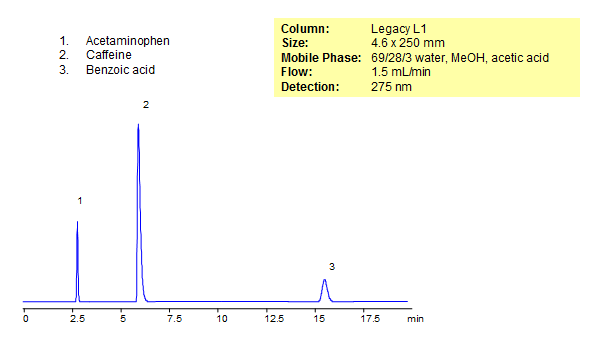
| Column | Legacy L1, 4.6×250 mm, 5 µm, 100A |
| Mobile Phase | MeOH – 28% |
| Buffer | Acetic Acid – 3% |
| Flow Rate | 1.5 ml/min |
| Detection | UV, 275 nm |
| Class of Compounds |
Drug, Acid, Hydrophilic, Hydrophobic, Ionizable |
| Analyzing Compounds | Caffeine, Benzoic acid, Acetaminophen |
&
Application Column
Legacy L1
SIELC's family of Legacy columns is based on the United States Pharmacopeia's (USP) published chromatographic methods and procedures. Numerous brands have columns used in USP reference standards and methods. USP has created various designations to group together columns with similar types of packing and properties in the solid phase. SIELC's Legacy columns adhere to these strict requirements and properties, allowing you to easily replace older columns that are no longer available without needing to significantly modify your method or SOPs.
Select optionsBenzoic Acid
Caffeine

Separation of Acetaminophen and 4-Aminophenol on Primesep C
May 27, 2015

Acetaminophen and 4-Aminophenol ar both aminophenols. Acetominophen or paracetamol is a widely used analgesic and antipyretic. 4-Aminophenol is an intermediate in the synthesis of paracetamol and used in photography as a developer. Both compounds were retained and resolved on Primesep C. Primesep C is a mixed-mode HPLC column which uses reversed-phase and unique complex-forming groups to resolve compounds that might otherwise coelute.
| Column | Primesep C, 4.6×150 mm, 5 µm, 100A |
| Mobile Phase | MeCN |
| Buffer | TEAPh |
| Flow Rate | 1.0 ml/min |
| Detection | UV, 210 nm |
| Class of Compounds |
Drug, Hydrophilic, Ionizable |
| Analyzing Compounds | Acetaminophen, 4-Aminophenol |
Application Column
Primesep C
The Primesep family of mixed-mode columns offers a wide variety of stationary phases, boasting unprecedented selectivity in the separation of a broad array of chemical compounds across multiple applications. Corresponding Primesep guard columns, available with all stationary phases, do not require holders. SIELC provides a method development service available to all customers. Inquire about our specially-tailored custom LC-phases for specific separations.
Select optionsAcetaminophen (Paracetamol)

USP Methods for the Analysis of an Analgesic Mixture Using the Legacy L1 Column
June 21, 2012
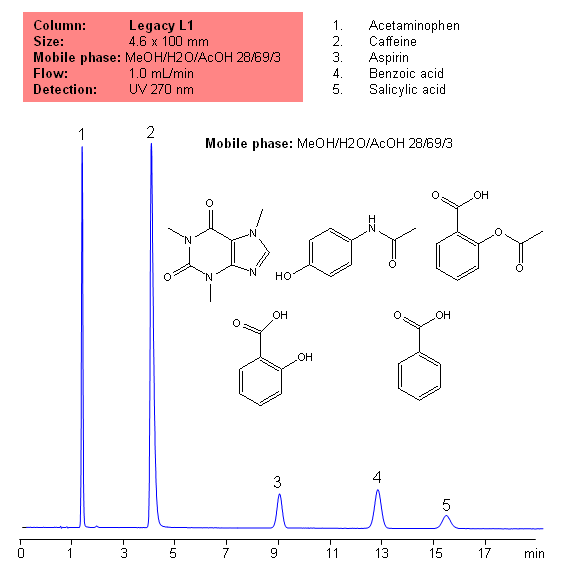
Application Notes: Acetametaphin, aspirin, and caffeine tablets contain not less than 90 percent and not more than 110 percent of the labeled amounts if acetametaphin, asprin, and caffeine according the USP methods. USP HPLC method for separation of acetaminophen, aspirin and caffeine was developed on Legacy L1 column according to US Pharmacopeia methodology. L1 classification is assigned to reversed-phase HPLC column contains C18 ligands. Support for the material is a spherical silica gel with particles size 3-10 um and pore size of 100-120A. Resolution between critical pairs corresponds to rules and specifications of USP.
Application Columns: Legacy L1 C18 HPLC column
Application compounds: Acetaminophen, Aspirin, Caffeine, benzoic acid, and salicylic acid
Mobile phase: MeOH/H2O/AcOH 28/69/3
Detection technique: UV
Reference: USP30: NF35
| Column | Legacy L1, 4.6×150 mm, 5 µm, 100A |
| Mobile Phase | MeOH/H2O/AcOH 28/69/3 |
| Buffer | AcOH |
| Flow Rate | 1.0 ml/min |
| Detection | UV, 270 nm |
| Class of Compounds |
Drug, Acid, Hydrophobic, Ionizable |
| Analyzing Compounds | Acetaminophen, Caffeine, Aspirin, Benzoic acid, Salicylic acid |
Application Column
Legacy L1
SIELC's family of Legacy columns is based on the United States Pharmacopeia's (USP) published chromatographic methods and procedures. Numerous brands have columns used in USP reference standards and methods. USP has created various designations to group together columns with similar types of packing and properties in the solid phase. SIELC's Legacy columns adhere to these strict requirements and properties, allowing you to easily replace older columns that are no longer available without needing to significantly modify your method or SOPs.
Select optionsAcetaminophen (Paracetamol)
Acetylsalicylic Acid (Aspirin)
Benzoic Acid
Caffeine

HPLC Separation of NyQuil Active Ingredients
June 4, 2011
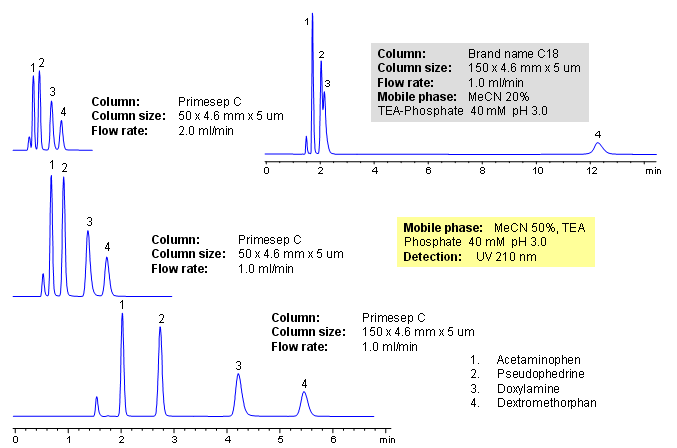
NyQuil is a cough medication produced by Procter&Gamble. It consists of acetaminophen, pseudoephedrine, doxylamine and dextromethorphan. Most of the analytical HPLC methods include either use of ion-pairing reagent or a gradient elution. Mixed-mode chromatography allows to replace long gradient method with short isocratic method. All four compounds are well separated within 3-5 minutes. Methods can be optimized for analysis of other cough composition containing general cough suppressants and pain killers. Method is robust and being validated at several drug companies.
| Column | Primesep C, 4.6×50 mm, 5 µm, 100A |
| Mobile Phase | MeCN |
| Buffer | TEAPh |
| Flow Rate | 1.0 ml/min |
| Detection | UV, 210 nm |
| Class of Compounds |
Drug, Analgetic, Acid, Hydrophilic, Ionizable, |
| Analyzing Compounds | Acetaminophen, Pseudoephedrine, Doxylamine, Dextromethorphan |
Application Column
Primesep C
The Primesep family of mixed-mode columns offers a wide variety of stationary phases, boasting unprecedented selectivity in the separation of a broad array of chemical compounds across multiple applications. Corresponding Primesep guard columns, available with all stationary phases, do not require holders. SIELC provides a method development service available to all customers. Inquire about our specially-tailored custom LC-phases for specific separations.
Select optionsDextromethorphan
Doxylamine
Pseudoephedrine (PSE)

HPLC Separation of Polar Drugs with MS-compatible Method
October 12, 2010
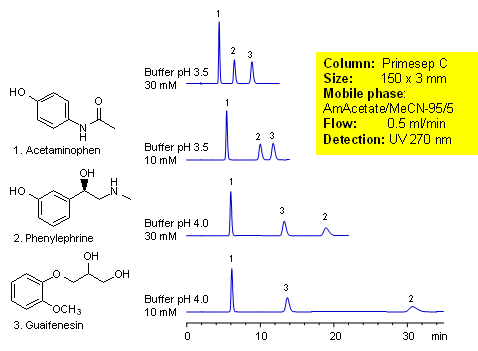
Acetaminophen is an over-the-counter pain and fever reducer, and a major component of cold and flue remedies. Phenylephrine is a decongestant. Guaifenesin is a mucolytic agent used to relieve respiratory difficulties. These three compounds of cough medication were separated by mixed-mode chromatography on a Primesep C HPLC column. Retention and order of elution for phenylephrine can be changed by buffer concentration and buffer pH. Method can be used for analysis of cough and cold composition during the production and in QC/QA environment. Method is compatible with LC/MS and can be used to analyze these components in biological fluids. This generic HPLC method is robust and reproducible.
| Column | Primesep C, 3×150 mm, 5 µm, 100A |
| Mobile Phase | MeCN |
| Buffer | AmAc |
| Flow Rate | 0.5 ml/min |
| Detection | UV, 270 nm |
| Class of Compounds |
Drug, Analgetic, Acid, Hydrophilic, Ionizable, |
| Analyzing Compounds | Acetaminophen, Pseudoephedrine, Guaifenesin |
Application Column
Primesep C
The Primesep family of mixed-mode columns offers a wide variety of stationary phases, boasting unprecedented selectivity in the separation of a broad array of chemical compounds across multiple applications. Corresponding Primesep guard columns, available with all stationary phases, do not require holders. SIELC provides a method development service available to all customers. Inquire about our specially-tailored custom LC-phases for specific separations.
Select optionsGuaifenesin
Phenylephrine

Separation of Drugs in Mixed-Mode HPLC
August 22, 2010
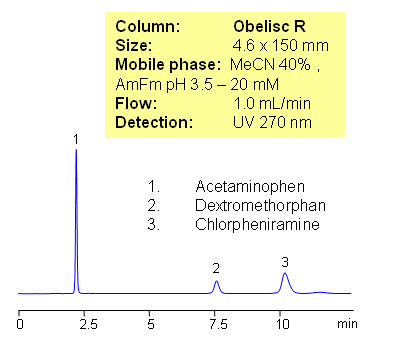
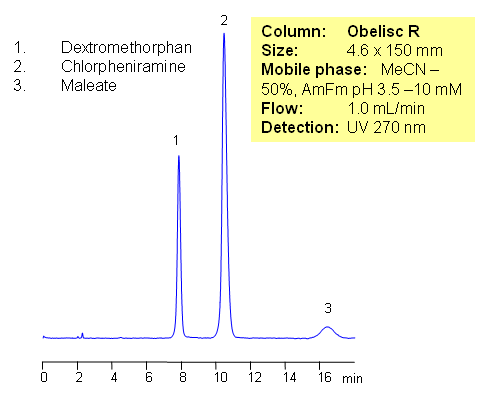
Obelisc R column can be successfully used for analysis of hydrophobic and hydrophilic basic and acidic drugs and corresponding counter-ions. This approach can be used for analysis of various cold and cough composition, pain killers, and other prescription and over-the-counter medications. Within pH 3-5, both cation- and anion mechanism are present on the column, along with hydrophobic interaction. Selectivity of this mixed-mode separation is controlled by the amount of acetonitrile, buffer concentration and buffer pH. Method is robust and reproducible, and can be used as a common HPLC method for analysis of drug molecules and compositions.
| Column | Obelisc R, 4.6×150 mm, 5 µm, 100A |
| Mobile Phase | MeCN |
| Buffer | AmFm |
| Flow Rate | 1.0 ml/min |
| Detection | UV, 270 nm |
| Class of Compounds |
Drug, Analgetic, Acid, Hydrophilic, Ionizable, |
| Analyzing Compounds | Maleate, Chlorpheniramine, Dextromethorphan |
Application Column
Obelisc R
SIELC has developed the Obelisc™ columns, which are mixed-mode and utilize Liquid Separation Cell technology (LiSC™). These cost-effective columns are the first of their kind to be commercially available and can replace multiple HPLC columns, including reversed-phase (RP), AQ-type reversed-phase, polar-embedded group RP columns, normal-phase, cation-exchange, anion-exchange, ion-exclusion, and HILIC (Hydrophilic Interaction Liquid Chromatography) columns. By controlling just three orthogonal method parameters - buffer concentration, buffer pH, and organic modifier concentration - users can adjust the column properties with pinpoint precision to separate complex mixtures.
Select optionsDextromethorphan

Effect of pH on Retention of Basic Compounds on Primesep C Columns
January 13, 2010
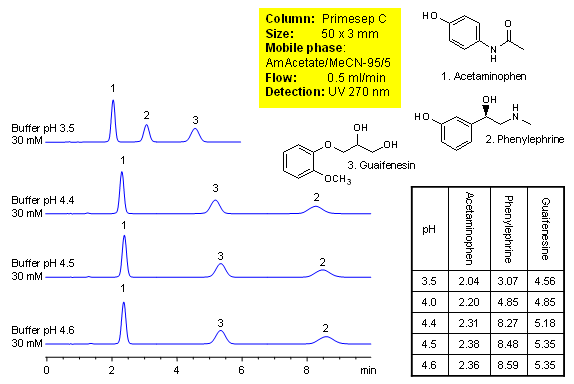
Method for separation of components of cough medication shows how retention for acetaminophen, phenylephrine and guaifenesin is controlled. Order of elution for compounds can be changed based on composition of the mobile phase. The method is compatible with UV, ELSD and LC/MS and can be used for quantitation of drugs in formulation. Primesep C mixed-mode HPLC column is ideal candidate for analysis of cough compositions. Basic compounds are well retained in mixed-mode chromatography without use of ion-pairing reagents. Several companies validated this approach. The method is reproducible and robust and can be used in both production environments and R&D. This HPLC method can be adopted as general approach for analysis of basic compounds in various mixtures.
| Column | Primesep C, 3×50 mm, 5 µm, 100A |
| Mobile Phase | MeCN |
| Buffer | AmAc |
| Flow Rate | 0.5 ml/min |
| Detection | UV, 270 nm |
| Class of Compounds |
Drug, Analgetic, Acid, Hydrophilic, Ionizable, |
| Analyzing Compounds | Acetaminophen, Pseudoephedrine, Guaifenesin |
Application Column
Primesep C
The Primesep family of mixed-mode columns offers a wide variety of stationary phases, boasting unprecedented selectivity in the separation of a broad array of chemical compounds across multiple applications. Corresponding Primesep guard columns, available with all stationary phases, do not require holders. SIELC provides a method development service available to all customers. Inquire about our specially-tailored custom LC-phases for specific separations.
Select optionsGuaifenesin
Phenylephrine

HPLC Separation of Components of Excedrin (Benzoic acid, Acetaminophen, Caffeine, Aspirin)
July 16, 2009
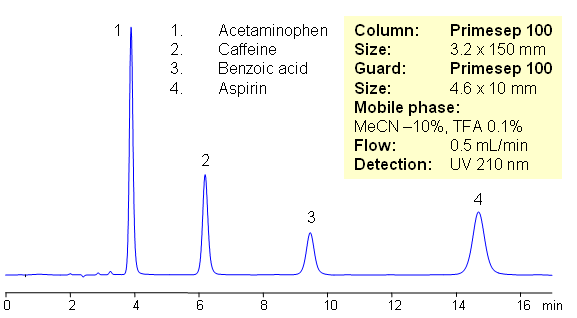
Excedrin is over-the-counter pain reliever containing acetaminophen, caffeine and aspirin as active ingredients of this drug composition. Acetaminophen (paracetamol) is used as analgesic and pain reliever. It is a neutral compound with low hydrophobicity. Aspirin or acetylsalicylic acid is used as analgesic and anti-inflammatory component of many OTC compositions. It is weakly acidic and slightly hydrophobic compound. Caffeine is xanthine alkaloid which is psychoactive stimulant drug. All four compounds are separated on mixed-mode Primesep 100 HPLC column with acetonitrile/water/TFA mobile phase. In this HPLC application compounds are retained by reversed phase mechanism. This HPLC method is short and robust.
| Column | Primesep 100, 3.2×150 mm, 5 µm, 100A |
| Mobile Phase | MeCN/H2O |
| Buffer | TFA |
| Flow Rate | 0.5 ml/min |
| Detection | UV, 210 nm |
| Class of Compounds |
Acid, Hydrophilic, Ionizable |
| Analyzing Compounds | Benzoic acid, Acetaminophen, Caffeine, Aspirin |
Application Column
Primesep 100
The Primesep family of mixed-mode columns offers a wide variety of stationary phases, boasting unprecedented selectivity in the separation of a broad array of chemical compounds across multiple applications. Corresponding Primesep guard columns, available with all stationary phases, do not require holders. SIELC provides a method development service available to all customers. Inquire about our specially-tailored custom LC-phases for specific separations.
Select optionsAcetaminophen (Paracetamol)
Acetylsalicylic Acid (Aspirin)
Benzoic Acid
Caffeine
UV Detection

HPLC Separation of Drugs in Tylenol Cold and Cough Remedies
August 22, 2008
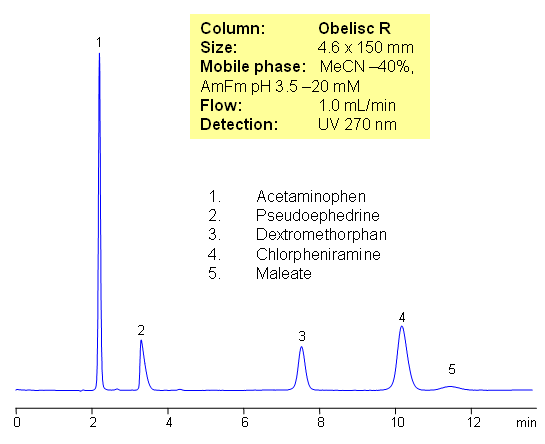
Components of Tylenol Cold and Cough Remedy are separated on Obelisc R mixed-mode column. Method can be used to determine compounds in various cough and cold compositions. Neutral (acetaminophen), basic (chlorpheniramine, dextromethorphan and pseudoephedrine) and acidic (maleic acid/Maleate) components are analyzed with perfect peak shape and retention control. Method can be used in production, QC/QA and biological studies for quantitation of various components in pharmaceutical formulations (Advil, Tylenol, Dimetapp, Robitussin, NyQuil, etc)
| Column | Obelisc R, 4.6×150 mm, 5 µm, 100A |
| Mobile Phase | MeCN |
| Buffer | AmFm |
| Flow Rate | 1.0 ml/min |
| Detection | UV, 270 nm |
| Class of Compounds |
Drug, Analgetic, Acid, Hydrophilic, Ionizable, Neutral, Basic |
| Analyzing Compounds | Maleate, Chlorpheniramine, Dextromethorphan, Pseudoephedrine, Acetaminophen |
Application Column
Obelisc R
SIELC has developed the Obelisc™ columns, which are mixed-mode and utilize Liquid Separation Cell technology (LiSC™). These cost-effective columns are the first of their kind to be commercially available and can replace multiple HPLC columns, including reversed-phase (RP), AQ-type reversed-phase, polar-embedded group RP columns, normal-phase, cation-exchange, anion-exchange, ion-exclusion, and HILIC (Hydrophilic Interaction Liquid Chromatography) columns. By controlling just three orthogonal method parameters - buffer concentration, buffer pH, and organic modifier concentration - users can adjust the column properties with pinpoint precision to separate complex mixtures.
Select optionsChlorpheniramine
Dextromethorphan
Maleate
Pseudoephedrine (PSE)

HPLC Separation of Acetaminophen, Phenylephrine, and Diphenhydramine
March 3, 2006
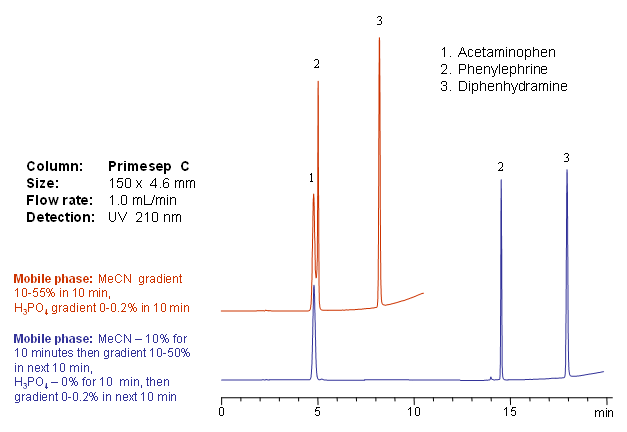
Primesep C separates acetaminophen (paracetamol), phenylephrine, and diphenhydramine– common over-the-counter cold and flu medication ingredients such as Tylenol products—by either an acetonitrile or phosphoric acid gradient. The HPLC separation uses a mobile phase of water, acetonitrile (MeCN, ACN), and phosphoric acid with ultraviolet (UV) detection at 210 nm.
| Column | Primesep C, 4.6×150 mm, 5 µm, 100A |
| Mobile Phase | MeCN |
| Buffer | H3PO4 |
| Flow Rate | 1.0 ml/min |
| Detection | UV, 210 nm |
| Class of Compounds |
Drug, Analgetic, Acid, Hydrophilic, Ionizable, |
| Analyzing Compounds | Acetaminophen, Pseudoephedrine, Diphenhydramine |
Application Column
Primesep C
The Primesep family of mixed-mode columns offers a wide variety of stationary phases, boasting unprecedented selectivity in the separation of a broad array of chemical compounds across multiple applications. Corresponding Primesep guard columns, available with all stationary phases, do not require holders. SIELC provides a method development service available to all customers. Inquire about our specially-tailored custom LC-phases for specific separations.
Select optionsDiphenhydramine
Phenylephrine

Separation of NyQuil Active Ingredients on Primesep C
March 2, 2004
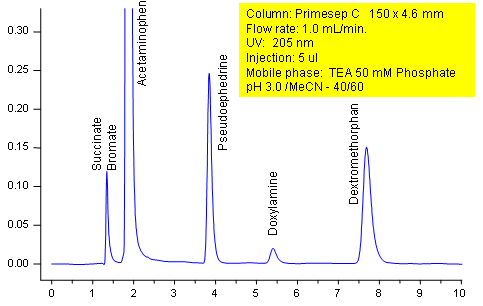
Primesep C separates the active ingredients in the over-the-counter cold medicine, NyQuil. Succinate and bromate co-elute early, but acetaminophen, pseudoephedrine, doxylamine, and dextromethorphan are baseline resolved. A combination of cation exchange, complex formation, and hydrophobic interactions separate this mixture with a mobile phase of water, acetonitrile (MeCN, ACN) and triethylamine (TEA) phosphate with UV detection at 205 nm.
| Column | Primesep C, 4.6×150 mm, 5 µm, 100A |
| Mobile Phase | MeCN |
| Buffer | TEAPh |
| Flow Rate | 1.0 ml/min |
| Detection | UV, 205 nm |
| Class of Compounds |
Drug, Analgetic, Acid, Hydrophilic, Ionizable, |
| Analyzing Compounds | Acetaminophen, Pseudoephedrine, Doxylamine, Dextromethorphan |
Application Column
Primesep C
The Primesep family of mixed-mode columns offers a wide variety of stationary phases, boasting unprecedented selectivity in the separation of a broad array of chemical compounds across multiple applications. Corresponding Primesep guard columns, available with all stationary phases, do not require holders. SIELC provides a method development service available to all customers. Inquire about our specially-tailored custom LC-phases for specific separations.
Select optionsDextromethorphan
Doxylamine
Pseudoephedrine (PSE)

